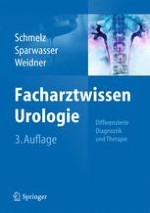2014 | Zytostatische Therapie | OriginalPaper | Buchkapitel
Hauptrubriken
Service
Fachgebiete
Themen











